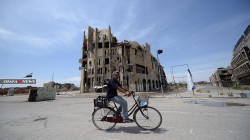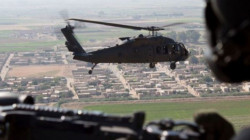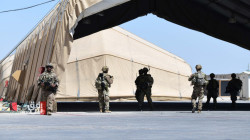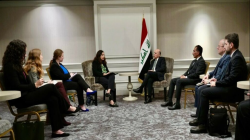US official: ISIS expands its global enterprise to approximately 20 branches and networks
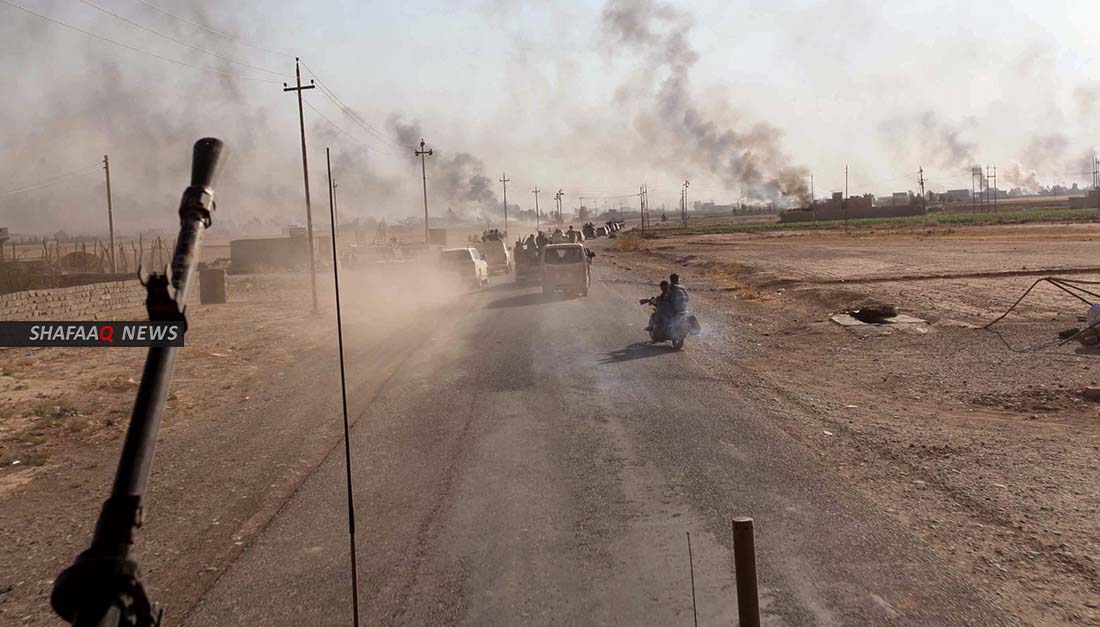
Shafaq News / The Director of the US National Counterterrorism Center confirmed that Outside of Iraq and Syria, ISIS continues to prioritize the expansion and reinforcement of its global enterprise, which now encompasses approximately 20 branches and networks.
During a Hearing before the U.S. House of Representatives Committee on Homeland Security“, Christopher Miller, said that the extremist organization “has repeatedly demonstrated its ability to recover from the heavy losses it incurred in the past six years by relying on a dedicated cadre of leaders, And extensive covert networks, and the decline in counterterrorism pressure”.
Since last October, the organization’s leader, Abu Bakr Al-Baghdadi, and other prominent leaders, the new leader, Muhammad Saeed Abdulrahman Al-Mawla, managed new attacks by factions affiliated with the organization, which are geographically far from the leadership.
On Thursday, the organization claimed an attack in Niger on August 9, which resulted in 8 deaths, including 6 French aid workers.
Miller said that in Syria and Iraq ISIS carried out assassinations and attacks by mortar shells and improvised explosive devices “at a steady pace”.
Among these attacks, an operation carried out in May resulted in the deaths and injuries of dozens of Iraqi soldiers.
Miller said that the organization documented its success with video recordings that it used as propaganda to show that the militants are still organized and active despite being uprooted from the area in which they declared "Al-Khilafa" in Syria and Iraq.
He added that the organization is currently focusing on liberating thousands of its members who are with their families in detention centers in northeastern Syria, in the absence of any coordinated international path to decide on their status.
Miller said that the organization’s global network outside Syria and Iraq “currently includes about 20 factions between a branch and a network.”
He added that the organization is achieving mixed results, but it is recording its strongest performance in Africa, as shown in the Niger attack.
ISIS also seeks to attack Western targets, according to Miller, but counterterrorism operations prevent this.
As for the rival organization of ISIS, which launched the attacks of September 11, 2001 in the United States, it has been weakened by the elimination of its leaders and most prominent figures, but it remains active nonetheless.
Miller said, "Al-Qaeda is still determined to launch attacks in the United States and Europe, and the factions affiliated with the organization in Yemen and Africa are still able to launch bloody attacks, but the capabilities of the group's formations in India and Pakistan have been greatly weakened."
In Afghanistan, Al Qaeda’s presence has decreased to “a few dozen fighters whose focus is primarily on survival”.
Under an agreement signed by the Taliban with the United States in February, the insurgents agreed to prevent Al Qaeda from using the territory of Afghanistan as a safe haven and staging ground for attacks.
But despite the agreement, the militant organization is still in close relationship with the Afghan rebels, the Pentagon revealed on Wednesday.

